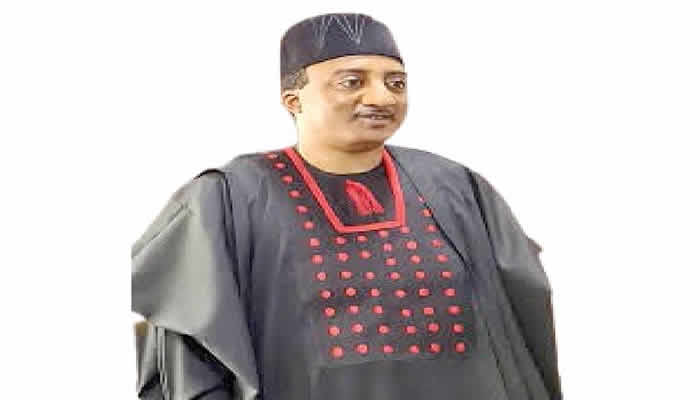Alhaji Shehu Gabam, the National Chairman of the Social Democratic Party (SDP), has categorically refuted speculations of any political alliance with Atiku Abubakar, the Peoples Democratic Party’s (PDP) presidential candidate in the 2023 elections, or Nasir El-Rufai, the former Governor of Kaduna State, in preparation for the 2027 elections. Gabam emphasized that the SDP is currently prioritizing strengthening its internal structures and presenting itself as a credible alternative for Nigerians, rather than engaging in preemptive alliance discussions. He underscored the party’s commitment to a thorough review of its 2024 strategies to build a more dynamic and inclusive political platform.
Gabam addressed his interactions with El-Rufai, acknowledging the former governor’s significant political influence and the anxiety it generates among certain political actors. However, he explicitly stated that his relationship with El-Rufai is purely personal and not indicative of any political alignment between the SDP and the former governor. He attributed the speculation surrounding their meetings to the magnification of El-Rufai’s presence by others, creating unnecessary controversy and misrepresenting the nature of their interactions.
The SDP chairman criticized both the All Progressives Congress (APC) and the PDP for their shortcomings, urging Nigerians to demand greater transparency and accountability from the Bola Tinubu administration. Gabam highlighted the SDP’s intention to offer a competitive and transparent political platform, empowering Nigerians to aspire and thrive. He positioned the SDP as a viable alternative to the existing political landscape, aiming to capitalize on the perceived failures of the dominant parties to effectively address the needs of the Nigerian people.
Gabam expressed deep concerns about the current state of governance under President Bola Tinubu, characterizing the administration as disconnected from the realities faced by ordinary Nigerians. He pointed to the escalating cost of living, pervasive food insecurity, and mounting transportation challenges as critical issues impacting the well-being of citizens. He criticized the perceived contradiction between official pronouncements of economic improvement and the worsening economic hardships experienced by the populace, emphasizing the increasing burden of rising electricity, food, and transportation costs.
Furthermore, Gabam criticized President Tinubu’s reliance on advisors who, in his view, fail to accurately convey the struggles of the Nigerian people. He stressed the importance of leaders staying grounded in reality and actively engaging with the concerns of ordinary citizens, rather than relying on filtered reports from officials that may not reflect the true extent of the challenges faced by the population. He argued that this disconnect between the government and the governed hinders effective policy-making and exacerbates the suffering of the Nigerian people.
Gabam also raised allegations of political intimidation and the misuse of state institutions, citing the unexplained withdrawal of his own security detail as an example. He expressed alarm at the potential use of state apparatus to intimidate those who express constructive criticism of the government, emphasizing the importance of respecting dissenting voices in a democratic society. He connected this incident to the broader issue of government accountability and transparency, highlighting the need for a more open and responsive government. Gabam urged the federal government to reassess its policies, particularly those impacting the welfare of citizens. He specifically mentioned the removal of fuel subsidies and other reforms as contributing factors to the economic hardships faced by Nigerians, calling for policies that prioritize the direct improvement of people’s lives. He reiterated the SDP’s commitment to presenting viable alternatives, focusing on addressing the issues that resonate most with the Nigerian people. He stressed that the SDP’s competition is legitimate and within














